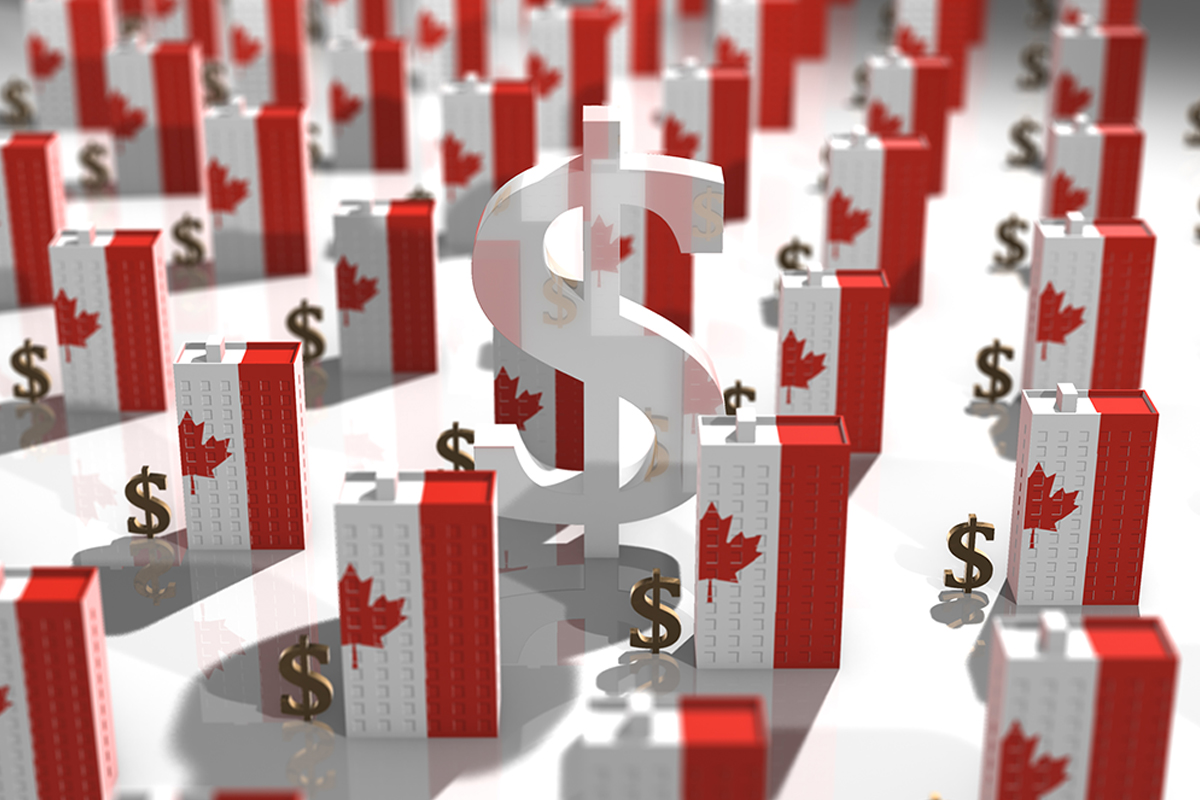In a move to address persistent inflation and the remarkable resilience of the Canadian economy, the Bank of Canada has raised its benchmark interest rate by a quarter percentage point. This decision marks a significant shift in policy, as the bank had previously halted monetary tightening. The rate hike, bringing the policy rate to its highest level since 2001 at 4.75%, has implications for mortgage rates and household budgets. The central bank’s decision reflects the unexpected strength of the Canadian economy and concerns about inflation levels.
Surprising Economic Performance
The Canadian economy surpassed expectations in the first quarter, fueled by continued consumer spending and robust hiring by businesses. Additionally, the housing market has started to rebound, while inflation has shown a slight uptick in April. However, the Bank of Canada’s “conditional pause” on interest rate increases earlier this year, under the assumption that borrowing costs were sufficient to cool the economy and lower inflation, did not unfold as expected.
Persistent Inflation and Monetary Policy
The bank’s decision to hike rates is driven by the recognition that excess demand in the economy is more persistent than initially anticipated. Monetary policy was deemed insufficiently restrictive to restore the balance between supply and demand, thereby sustaining inflation at the 2% target. While inflation has decreased from its peak last year, it remains a concern. Economists predict a decline to around 3% this summer, but they express apprehension that it may remain “materially above” the target unless there is a slowdown in economic growth and an increase in unemployment.
Effects on Mortgage Holders and Housing Market
The rate hike will have immediate repercussions for mortgage holders, as Canadian mortgage rates are set to rise. This, in turn, will further squeeze household budgets and potentially act as a brake on housing market activity. The housing market, which has experienced a spring resurgence, especially in major cities like Vancouver and Toronto, may face a slowdown. The Canadian Real Estate Association reported an 11.3% increase in home sales from March to April, accompanied by a 1.6% rise in the national home price index for April.
Market Reaction and Future Outlook
The Bank of Canada’s decision caught bond traders off guard, resulting in a substantial 20-basis-point jump in two-year Government of Canada bond yields immediately after the announcement. Although the decision was not entirely unexpected given the bank’s recent signaling, it has led to speculation about future rate hikes. Interest-rate swaps, reflecting market expectations, now indicate a roughly 60% chance of another rate hike in July and an 85% chance by September.
The central bank has emphasized its commitment to closely monitor inflation dynamics, core inflation measures, wage growth, and inflation expectations. It remains uncertain whether this rate hike is the start of a new phase of monetary-policy tightening or if further adjustments will follow. Economists offer different theories to explain why previous rate hikes did not have the anticipated impact, including factors related to the COVID-19 pandemic and extended amortization periods for variable-rate mortgage holders.
So, the Bank of Canada’s decision to raise interest rates reflects its concerns about stubborn inflation and the sustained strength of the Canadian economy. While the move aims to stabilize the purchasing power of the Canadian dollar in the long term, it may have immediate consequences for mortgage holders and the housing market. As the central bank continues to assess inflation trends and economic indicators, future rate hikes remain a possibility. The market response and economic developments in the coming months will shed light on the effectiveness of these measures and their impact on inflation and the broader economy.







